Fraud Alert - Beware of Fraudulent CPR Courses in Concord

How Do I Know If A Class Is Fraudulent?
Fraudulent American Heart Association training courses have become a troubling issue in California and across the United States. Here’s a simple guide to help you identify and avoid them.
If you suspect you’ve attended a fake course or are about to enroll in one, take action. It’s your responsibility to report it to the American Heart Association so they can address the problem and protect others.
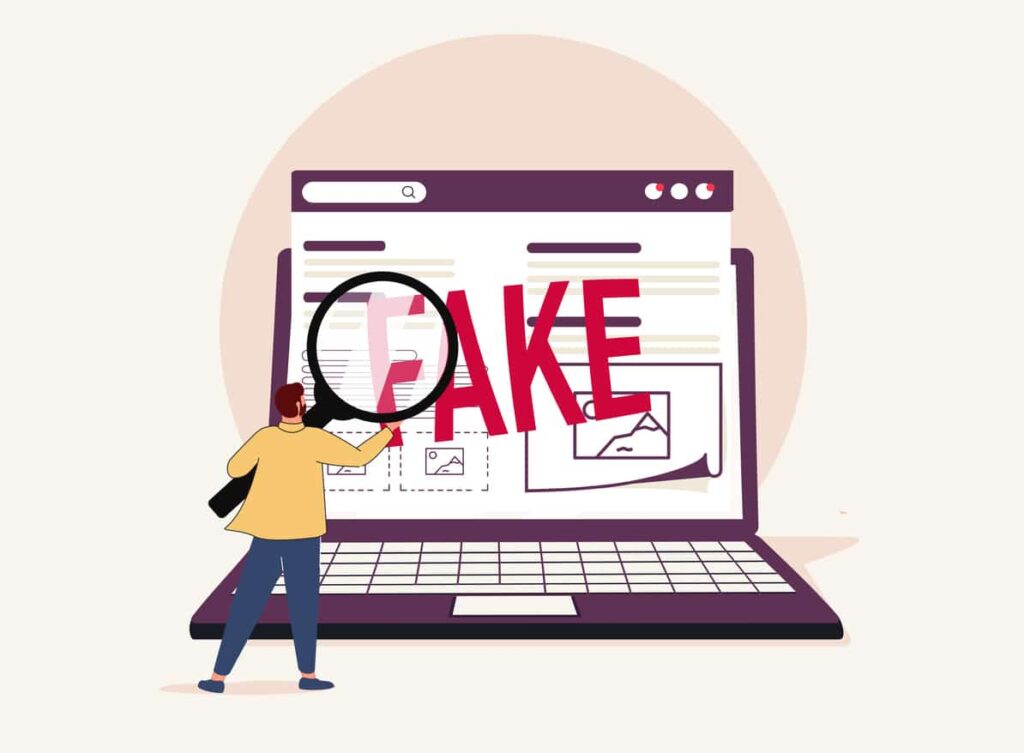
Summation of CPR Scams
Here are some clear signs that you might be dealing with a fraudulent CPR company:
- They conduct classes improperly using questionable methods.
- They either lack a website or their website appears untrustworthy.
- There’s no physical address or phone number available to contact them directly.
- Their website does not display the American Heart Association (AHA) logo, indicating they’re likely not affiliated with the AHA.
- They issue certification cards without requiring hands-on practice with manikins.
- They don’t provide or require course books during instructor-led training.
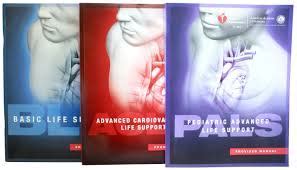
Stacking - Teaching Classes Same Time
Can a company teach multiple classes like BLS, ACLS, and PALS at the same time? The short answer is no. It’s simply not feasible.
Some organizations may list all three courses—Basic Life Support (BLS), Advanced Cardiovascular Life Support (ACLS), and Pediatric Advanced Life Support (PALS)—with overlapping start times. However, these courses each contain unique instructional videos and materials, making simultaneous teaching impossible.
What to do:
Email the American Heart Association at:
[email protected]

Online Only CPR Companies
The American Heart Association (AHA) does not certify or approve training courses created by other organizations. Any claims stating that a product or course is “AHA Certified,” “AHA Approved,” “AHA Compliant,” or “created by AHA certified” instructors are false. These are often misleading websites with fake certifications. Remember, all valid CPR cards must be issued by an authorized AHA training center.
All online CPR courses must be taken directly through the American Heart Association. Additionally, skills testing needs to be completed with a certified instructor or via a Voice-Assisted Manikin (VAM).

Cash or Venmo Accepted Only
Be cautious of CPR training providers that only accept cash, Venmo, or PayPal. This practice can sometimes signal companies avoiding taxes and shutting down operations quickly, leaving you without support or recourse.
Paying for your CPR certification in cash can put you at risk. If something goes wrong—like not receiving your certification—you have no way to dispute the charges. Always opt to pay with a credit card to protect yourself and ensure you’re covered if a problem arises.

Zoom Courses
Acceptable Courses Over Zoom
You can take the official BLS Online HeartCode or Heartsaver Online CPR and First Aid course. After completing the online portion, schedule a skills test with an American Heart Association Instructor via Zoom. Make sure you’re in an office equipped with CPR manikins to complete the session properly.
Not Acceptable Courses Over Zoom
Courses where an instructor leads a Zoom session, and you don’t have access to CPR manikins or an AED for hands-on practice, are not acceptable.
ACLS or PALS skills testing is strictly prohibited on Zoom under any circumstances.
What to do:
Email the American Heart Association at: [email protected]

Written Test Only
Many CPR companies send their students an online test from eLearning.heart.org. If you take the written test and receive an American Heart Association certification card via email from a fraudulent company, you’ve been scammed.
Remember, this is not a valid American Heart Association course. Hands-on practice with CPR manikins is required for the certification to be legitimate. Always verify your training program to ensure it meets the AHA’s standards.
What to do:
Email the American Heart Association at:
[email protected]
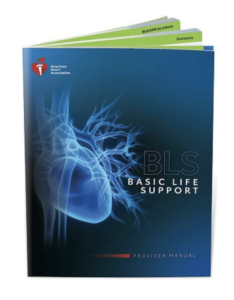
Book Policy
If you’re taking an instructor-led course, the American Heart Association (AHA) requires you to have access to the course book or ebook before, during, and after the class.
If a course provider loans you a book, rents one to you, or skips asking you to purchase it, that course is not legitimate and violates AHA policies.
What to do:
Email the American Heart Association at: [email protected]
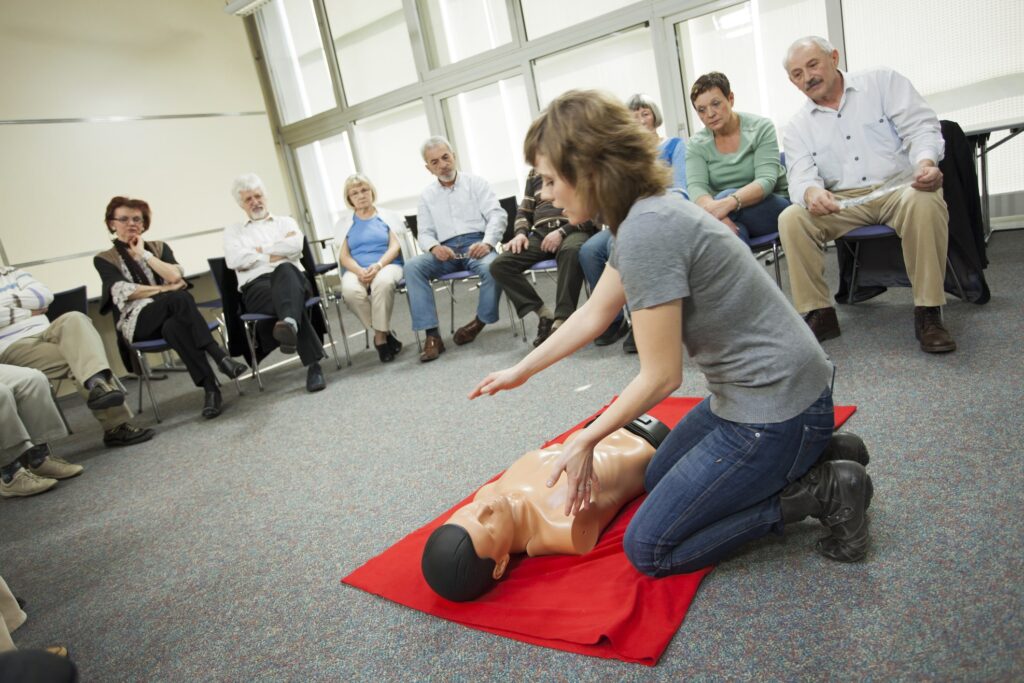
Instructor To Student Ratio
The ratio of instructors to students is crucial for effective training. An instructor needs to monitor students closely to ensure proper learning and safety. If you’re attending a course where one instructor is handling more than the recommended number of students, it’s important to notify the American Heart Association.
BLS (Basic Life Support): 1 instructor per 9 students
ACLS (Advanced Cardiac Life Support): 1 instructor per 6 students
PALS (Pediatric Advanced Life Support): 1 instructor per 6 students
What to do:
Email the American Heart Association at: [email protected]
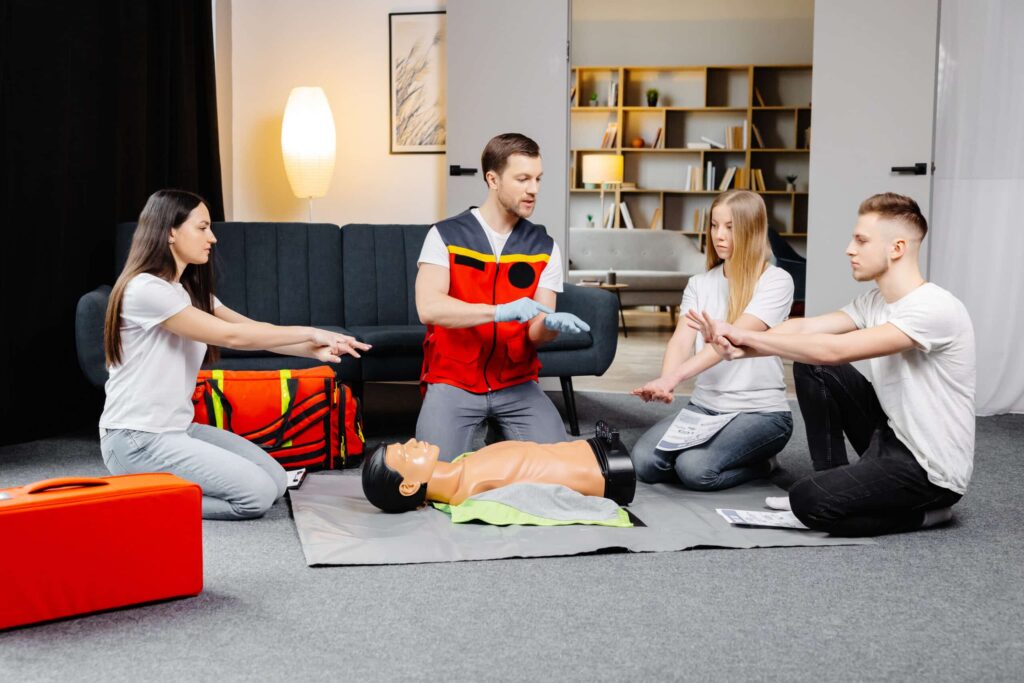
Classes Inside A Person's Home
Taking a class inside someone’s home or apartment may seem convenient, but it comes with significant risks. These include:
- Fire Hazards and Safety Risks
- Insurance Issues
- Unprofessional Environment
- Personal Safety Concerns

Course Length For Instructor Led Training
Some CPR companies in California shorten their courses to cut costs. This applies whether the class is a large group or one-on-one training. Often, these companies list only the course start time without providing an end time. If the course length doesn’t match the required guidelines, the training may be fraudulent.
BLS (Basic Life Support): 3-4 hours
ACLS (Advanced Cardiovascular Life Support): 4-6 hours
PALS (Pediatric Advanced Life Support): 4-6 hours
What to do:
Email the American Heart Association at:
[email protected]
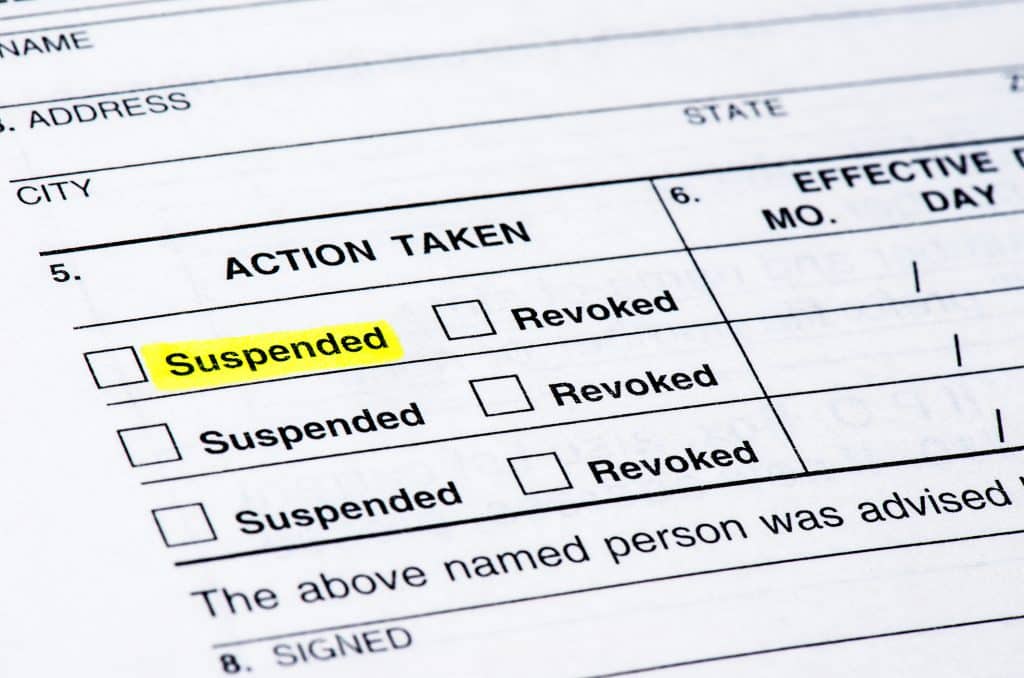
Revoking Your Certification Card
If you take a non-compliant course, your eCard could be revoked. This can lead to serious consequences—your employer or school might be notified, potentially damaging your professional reputation. They will know that the course you attended didn’t meet compliance standards, which could raise questions about your qualifications.
For those offering publicly held courses at their facility or school, the risks escalate. If an instructor is found non-compliant, the cards issued over the past three months could also be revoked. Think about the impact—processing refunds, addressing complaints, and managing the blow to your credibility.
It doesn’t stop there. If continuing education (CE) credits were issued, for example, by a dental board, additional compliance issues could arise. These layers of complications are not just time-consuming—they’re preventable by ensuring all courses meet compliance requirements.

Nurses And Professional Conduct
Nurses, dentists, and other medical professionals in California must adhere to a strict code of ethics. Attending a CPR course that fails to meet proper guidelines can lead to serious consequences, including the need to retake the course or even face disciplinary action. Additionally, some schools and healthcare facilities reject certification cards issued by untrustworthy CPR training providers.
If you’re an administrator, it’s essential to ensure your staff receives training from a reputable American Heart Association Training Center. Providing low-quality training not only risks your staff’s credentials but could also land your organization in an unwanted news story (see example below).

Fraudulent CPR Training In The News
Here are a few stories of CPR scams and fraudulent courses in the news.
Resuscitation Quality Improvement by the American Heart Association
To be 100% sure that you are taking a valid American Heart Association course, we recommend you attend the American Heart Association BLS CPR, ACLS, or PALS Heartcode course. This involves taking the official AHA Heartcode online course, and then skills testing on the VAM (voice assisted manikin) or virtual instructor. After the training, all students will receive the official American Heart Association certification card that is valid for two years.
Safety Training Seminars offers these courses in over 65 cities throughout Northern California. Our American Heart Association license number is 20784. We have been in business since 1989 and we are trusted by the leading medical and healthcare organizations in California. Over 60,000 students per year trust Safety Training Seminars and come back to us year after year.
View Upcoming Courses in Concord, located at Clayton Rd or Treat Blvd

